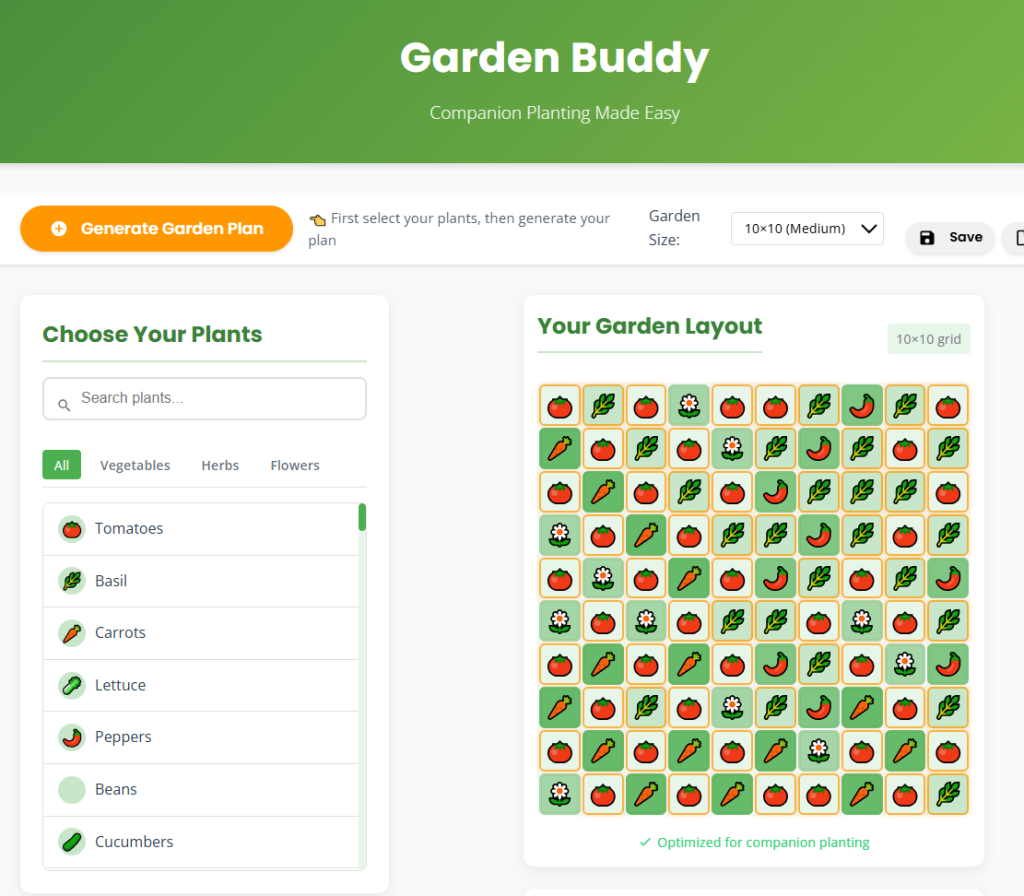Hey there, fellow gardening enthusiasts! Today, I want to take you on a journey into the wonderful world of eggplant, also known as aubergine in some corners of the globe. Whether you’ve just spotted those glossy, purple beauties at the market or you’re keen to grow your own, you’re in for a treat. Eggplants are not only a culinary delight but they also bring plenty of color to your garden. But before we dig in, let me share some insights on their growing requirements and a bit of their history.
Getting to Know Eggplant
Eggplants thrive in a warm climate and need at least 6-8 hours of sunshine each day. They prefer well-draining soil rich in organic matter and a steady supply of moisture without waterlogging. Now, let’s travel back in time—did you know eggplant’s origins trace back to India and South Asia? It’s been cultivated for centuries and was even considered a delicacy in ancient cultures.
Ways to Grow Eggplant
When it comes to growing methods, I’ve had success both in traditional rows and vertically. That’s right! Growing eggplants vertically can save space and improve air circulation, which keeps pests at bay. Think of using trellises or sturdy cages; it’s like giving your plants a backstage pass to the garden show!
As for varieties, eggplants come in a rainbow of shapes and colors. From the classic Black Beauty to the stunning Lavender Touch and the petite Fairy Tale, there’s a flavor and appearance for everyone. Each has unique flavor profiles, making your culinary adventures endlessly exciting.
The Benefits of Companion Planting for Eggplants
Now, let’s talk about an often-overlooked aspect of gardening—companion planting. Have you ever wondered what the benefits are? Well, it’s all about enhancing growth, deterring pests, and sharing space efficiently. When eggplants grow alongside certain plants, they tend to thrive better, which is exactly what we want, right?
Good Companion Plants for Eggplants
So, what are some good companion plants for eggplant? Let me suggest two of my favorites: beans and marigolds.
What to Avoid
While I’m pleased to say there aren’t specific plants to avoid when growing eggplants, it’s always wise to keep distance in mind for optimal growth. Avoid crowding; typically, maintaining a space of at least 12-24 inches between eggplants and other plants is ideal. This ensures they have enough breathing room while sharing nutrients and reduces competition for light.
Summary
Planting beans and marigolds alongside eggplants can enhance growth and protect against pests. They complement each other beautifully while adding a splash of beauty to your garden. Remember, a little planning goes a long way—so ensure you’ve got enough space between your plants to help them flourish. Now, go ahead and give your garden the love it deserves, and enjoy watching those eggplants thrive!
Happy gardening, and don’t forget to share your eggplant stories with me!
Planting Guidelines for Eggplant Companion Plants
Hey there, fellow gardener! If you’re like me, you love growing eggplants and want to give them the best chance to thrive. One of the best ways to do this is by planting companions that encourage healthy growth and deter pests. Let’s dig into some specific spacing recommendations for various types of companion plants to eggplant, along with some handy tips!
General Spacing Recommendations
When it comes to companion planting, a good rule of thumb is to keep your eggplants at least 18-24 inches apart. This gives them enough room to spread their leaves and soak up the sun while also creating a lovely micro-environment. Now, let’s break it down by categories:
1. Tall Companions
These plants can cast shade on your eggplants, so it’s crucial to space them out properly. Aim for about 24-30 inches apart from the eggplant.
2. Low-Growing Companions
Low-growing plants can help shade the soil and suppress weeds, which is fabulous. Space these about 12-18 inches away from your eggplants.
3. Strongly Aromatic Companions
Aromatic herbs deter pests and can even encourage beneficial pollinators. Give them about 12-24 inches of space from eggplants.
4. Nutrient-Heavy Feeders
Plants like these can help enrich the soil but require adequate space to thrive – about 24-30 inches apart from your eggplants.
5. Spreading or Vining Companions
These can take over a bit, so it’s best to provide them with 36 inches of space to grow without crowding your eggplants.
Adjusting Based on Garden Conditions
Just a quick reminder: always adjust your spacing based on your specific garden conditions and the mature sizes of your chosen companion plants. If it’s particularly rainy or dry, or if you’ve got a shady area, your spacing might need tweaking!
Summary of Companion Plants
Beans
In addition to eggplants, beans are great companions for corn and squash. They help fix nitrogen in the soil, which is beneficial for heavier feeders. Just remember to give them that 24-30 inch cushion from your eggplants to prevent overcrowding.
Marigolds
These cheerful flowers are excellent companions for not just eggplants but also peppers and tomatoes. They’re natural pest deterrents and brighten up your garden! Keep them 12-18 inches apart for optimal growth without interfering with your veggies.
So, there you go! With these tips, I hope your eggplant crop flourishes alongside its friends in the garden. Happy planting!

Leave a Reply